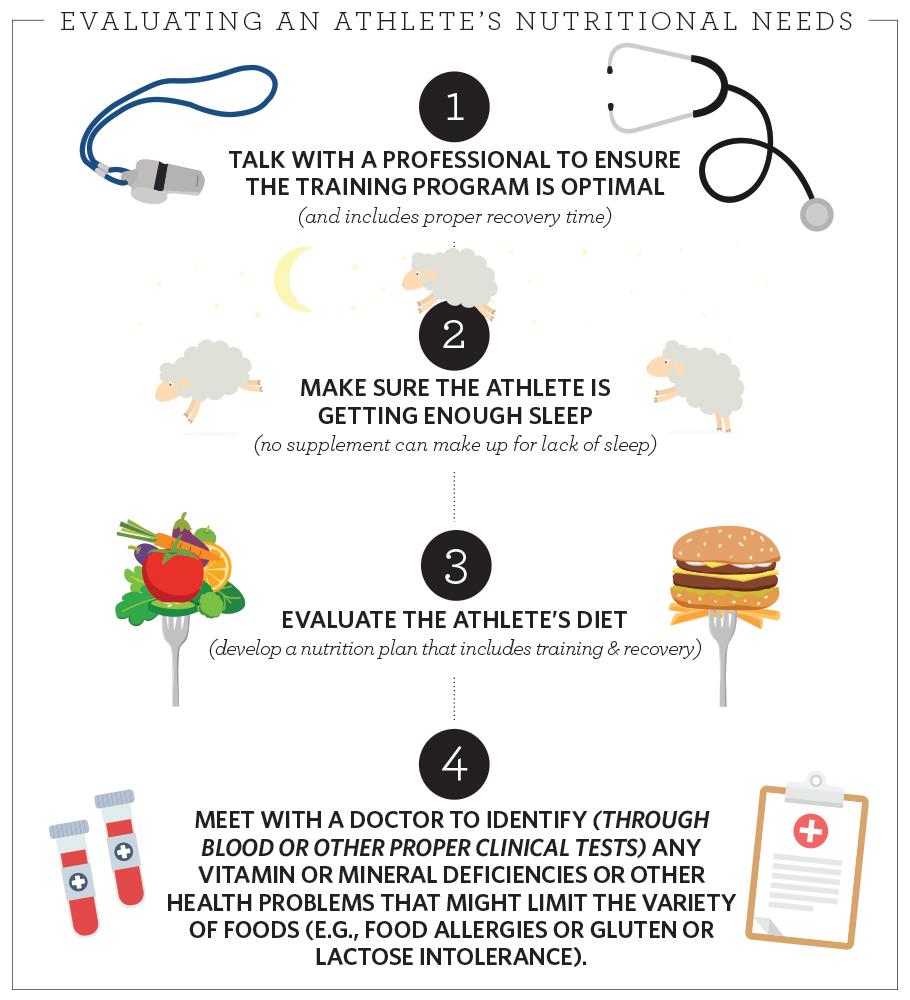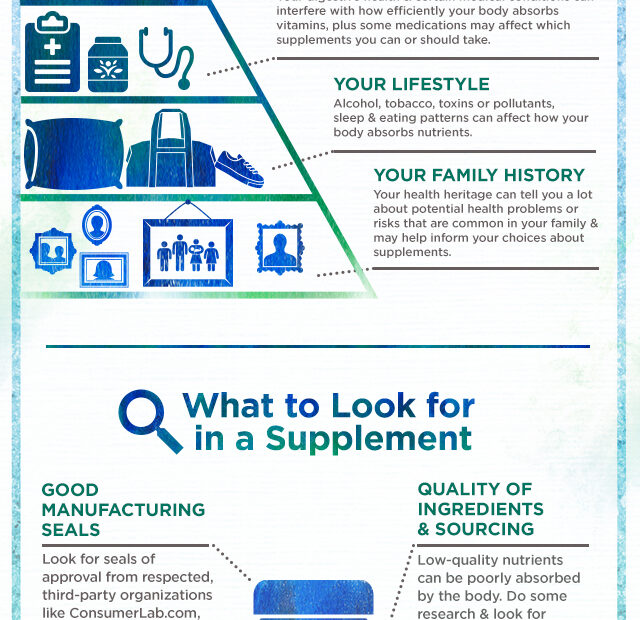Wondering how to pick the perfect supplement for your specific needs? With so many options available, it can be overwhelming to know where to start. But don’t worry, I’ve got you covered! In this article, I’ll share some useful tips and guidelines to help you navigate the world of supplements and find the right one that suits your individual needs. Whether you’re looking for a vitamin, mineral, or herbal supplement, I’ll provide you with all the information you need to make an informed decision. So sit back, relax, and get ready to discover how to choose the right supplement for your specific needs.
Curious to learn more about finding the right supplement for your specific needs? Look no further! In this article, I’ll be diving deep into the topic and giving you all the information you need to make an educated choice. From identifying your specific health goals to understanding different types of supplements, I’ll provide you with a step-by-step guide to ensure you find the perfect fit for your needs. Whether you’re looking to improve your overall health, boost your energy levels, or support a specific area of your body, I’ve got you covered. So keep reading to discover how to choose the right supplement for your specific needs and embark on your journey towards a healthier you.

This image is property of www.swansonvitamins.com.
Understanding Your Specific Needs
When it comes to choosing the right supplement for your specific needs, it’s important to first understand what those needs are. It’s helpful to identify your health goals and recognize any nutrient deficiencies you may have. Additionally, considering lifestyle factors can also play a significant role in determining the type of supplement that is right for you.
Identifying your health goals
To begin, take some time to evaluate your health goals. Are you looking to improve your overall well-being, boost your immune system, increase energy levels, or manage a specific health condition? Understanding what you hope to achieve with a supplement will help guide you in making the right choice. For example, if your goal is to support joint health, you may want to look for supplements that contain ingredients known to promote joint mobility and reduce inflammation.
Recognizing nutrient deficiencies
It’s also important to recognize any nutrient deficiencies you may have. Certain health conditions, dietary restrictions, or inadequate intake of certain foods may lead to nutrient deficiencies. You can consult with a healthcare professional or have a blood test done to identify any deficiencies you may have. This information will help you narrow down the types of supplements that will be most beneficial for addressing those deficiencies.
Considering lifestyle factors
In addition to your health goals and nutrient deficiencies, lifestyle factors should also be taken into consideration. Factors such as age, gender, activity level, and dietary preferences can all influence the type of supplement that is most suitable for you. For example, if you follow a vegetarian or vegan diet, you may need to ensure your supplement choice provides adequate amounts of key nutrients typically found in animal-based products.
Researching Different Supplements
Once you have a clear understanding of your specific needs, it’s time to do some research on different supplements available in the market. This step is crucial as it allows you to gather information and make an informed decision.
Consulting with healthcare professionals
One of the best ways to research supplements is by consulting with healthcare professionals. They can provide personalized advice based on your specific needs and help you navigate through the overwhelming number of options available. Healthcare professionals can also address any concerns or questions you may have regarding potential interactions with medications or existing health conditions.
Reading reputable sources
When researching supplements, it’s important to rely on reputable sources. Look for information from trusted health organizations, scientific journals, or websites that have a good track record of providing evidence-based information. Be cautious of websites or sources that appear biased or promote a particular brand without sufficient supporting evidence.
Examining scientific evidence
Scientific evidence plays a significant role in determining the effectiveness and safety of supplements. Look for studies or clinical trials conducted on the specific supplement you are interested in. Pay attention to the sample size, study design, and results to get a clear understanding of the supplement’s potential benefits and any potential risks associated with it.

This image is property of ltcnews-cdn.s3.amazonaws.com.
Navigating Supplement Labels
Once you have gathered information about different supplements, the next step is to navigate through supplement labels. Understanding ingredient lists, determining proper dosages, and checking for quality certifications are key factors in choosing the right supplement for your needs.
Understanding ingredient lists
When examining a supplement label, take the time to carefully read and understand the ingredient list. Look for active ingredients, as well as any potential allergens or fillers that may be present. This will allow you to determine if the supplement aligns with your specific needs and if any potential allergens may pose a risk to your health.
Determining proper dosages
Another crucial aspect of choosing the right supplement is determining the proper dosage. Follow the recommended dosage instructions provided on the label or consult with a healthcare professional to ensure you are taking the correct amount. Taking too little may render the supplement ineffective, while taking too much can potentially lead to adverse effects.
Checking for quality certifications
Quality certifications can provide reassurance that the supplement you are considering has been manufactured under strict quality control standards. Look for certifications such as the Good Manufacturing Practice (GMP) seal or third-party testing logos. These certifications indicate that the supplement has been tested for potency, purity, and quality.
Choosing the Right Supplement Form
Supplements are available in various forms, and choosing the right form can greatly impact their effectiveness and convenience for your lifestyle.
Tablets or capsules
Tablets or capsules are one of the most common supplement forms. They are easy to take and offer precise dosages. Additionally, they often have a longer shelf life compared to other forms. However, if you have difficulty swallowing pills, this form may not be the best option for you.
Powders or liquids
Powders or liquids are popular for those who prefer to mix their supplements into beverages or food. They can be easily absorbed by the body and are often available in a variety of flavors. However, they may require more precise measuring and can be less convenient for travel.
Gummies or chewables
Gummies or chewable supplements are a great option for those who dislike swallowing pills or have difficulty doing so. They come in various flavors and can be a fun and enjoyable way to take your supplements. However, it’s important to note that some gummies may contain added sugars or artificial ingredients, so read the labels carefully to ensure they align with your specific needs.

This image is property of www.innovativehealthclinic.com.
Considering Allergen and Sensitivity Concerns
For individuals with allergies or sensitivities, it’s essential to carefully consider potential allergens or intolerances when choosing a supplement.
Identifying potential allergens
Read the supplement label carefully to identify potential allergens such as gluten, lactose, soy, or nuts. If you have known allergies, be cautious of supplements that may contain these allergens. Look for supplements that are specifically labeled as allergen-free or consult with a healthcare professional if you have any concerns.
Assessing intolerances and sensitivities
In addition to allergens, some individuals may have intolerances or sensitivities to specific ingredients such as artificial sweeteners, preservatives, or certain food additives. Pay attention to ingredient lists and choose supplements that are free from any ingredients that may trigger intolerance symptoms.
Exploring alternative options
If you have known allergies or intolerances, it’s important to explore alternative supplement options. For example, if you have a lactose intolerance, consider lactose-free or plant-based protein supplements. If you have a seafood allergy, opt for omega-3 supplements derived from plant sources such as flaxseed or algae.
Identifying Potential Interactions
It is critical to consider potential interactions between supplements and medications or other underlying health conditions. This is why consulting with healthcare professionals and doing thorough research is essential.
Consulting with healthcare professionals
Before starting any new supplement regimen, it’s crucial to consult with healthcare professionals. They can assess your medical history, current medications, and existing health conditions to determine if there may be any potential interactions. They can also guide you on the proper timing or spacing between medications and supplements to minimize the risk of interactions.
Researching potential drug interactions
Even if you are not currently taking medications, it’s wise to research potential drug interactions for any supplements you are considering. Certain supplements can interact with medications, particularly those that affect liver function or blood clotting. Websites such as the National Institutes of Health’s Office of Dietary Supplements provide comprehensive information on potential interactions.
Avoiding combinations that may have adverse effects
When taking multiple supplements, it’s important to consider possible interactions between them. Some combinations may enhance or inhibit the effectiveness of certain supplements, while others may lead to adverse effects. If you are unsure about potential interactions between supplements, consult with a healthcare professional for guidance.

This image is property of truesport.org.
Considering Cost and Accessibility
Cost and accessibility are practical factors to consider when choosing the right supplement for your needs. While it’s essential to prioritize quality and suitability, it’s also reasonable to consider the financial aspect.
Comparing prices
Compare prices of different supplement brands and products to find the best value for your money. Keep in mind that higher price does not always equate to superior quality. Look for trusted brands that offer a good balance between quality and affordability.
Evaluating availability
Consider the availability of the supplement you are considering. If it is difficult to find or consistently out of stock, it may not be the most convenient option for long-term use. Look for supplements that are readily available from reputable retailers or online platforms.
Exploring affordable alternatives
If a particular supplement is beyond your budget, don’t be discouraged. There may be more affordable alternatives available. Look for generic or store-brand options that offer similar ingredients and quality. Additionally, consider if there are natural food sources that can provide the same nutrients you are seeking.
Trial and Observation Periods
Once you have chosen a supplement, it’s important to give it a trial period to determine its effects on your body. Starting with small doses and monitoring any changes or improvements will help you assess its suitability.
Starting with small doses
When starting a new supplement, it’s generally recommended to begin with the lowest effective dose and gradually increase if necessary. This allows your body to adjust and helps you identify any potential side effects or adverse reactions.
Monitoring effects on your body
During the trial period, pay close attention to any changes or improvements in your overall well-being, energy levels, or specific health goals. Everyone’s body is different, so what works for one person may not necessarily work for another. Note any positive or negative effects and discuss them with a healthcare professional if needed.
Adjusting supplements as needed
Based on your observations and feedback from healthcare professionals, you may need to adjust your supplement regimen. This can involve changing the dosage, switching to a different form, or trying a different brand. It’s important to remember that finding the right supplement is a process that may require some trial and error.

This image is property of i0.wp.com.
Seeking Expert Advice
If you are still unsure about choosing the right supplement for your specific needs, seeking expert advice can be beneficial. With the guidance of healthcare professionals, nutritionists, or dietitians, you can receive personalized recommendations and support.
Talking to healthcare professionals
Healthcare professionals, such as doctors or pharmacists, can provide valuable insight and guidance when it comes to choosing the right supplement. They can take into account your medical history, existing health conditions, and current medications to ensure you make an informed decision.
Consulting with nutritionists or dieticians
Nutritionists and dietitians have expert knowledge in the field of nutrition and can offer specific advice tailored to your individual needs. They can provide guidance on the nutrients you may be lacking and recommend specific supplements to meet your goals.
Joining support groups or online communities
Support groups or online communities focused on health and wellness can also be a valuable resource. These groups provide a platform for individuals to share their experiences and recommendations regarding supplements. However, it’s important to remember that advice from these communities should be taken with caution and verified by healthcare professionals or reputable sources.
Conclusion
Choosing the right supplement for your specific needs requires careful consideration of your health goals, nutrient deficiencies, lifestyle factors, and potential interactions. By understanding your specific needs, researching different supplements, navigating supplement labels, considering allergen and sensitivity concerns, evaluating potential interactions, and taking cost and accessibility into account, you can make an informed decision. Remember to seek expert advice when needed, and be patient during the trial and observation periods as finding the right supplement may require some time and adjustment. With proper research and guidance, you can choose a supplement that best supports your overall health and well-being.
